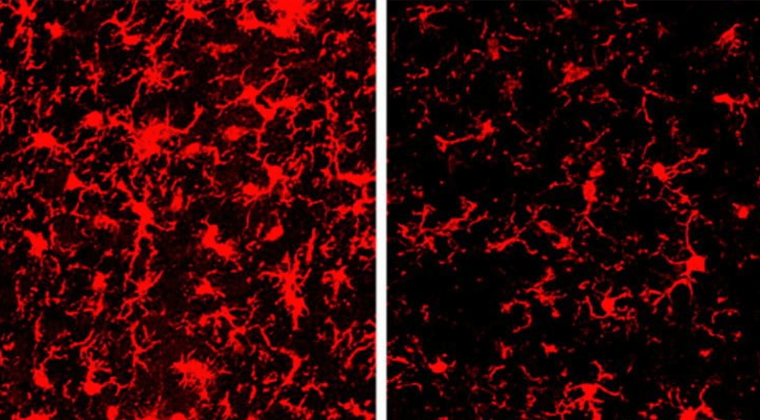Andrew B. and Gretchen P. Jones Professor of Neurology; Professor of Developmental Biology; Associate Director of the Knight Alzheimer’s Disease Research Center; Scientific Director of the Hope Center for Neurological Disorders
Research Interests
My lab focuses on Alzheimer’s disease, in particular understanding the metabolism of the amyloid-beta peptide in the CNS and plasma. We have demonstrated how endogenous and exogenous Abeta binding molecules play key roles in Alzheimer’s disease (AD) pathogenesis. Utilization of transgenic and knockout mice has demonstrated that apoE and a molecule called apoJ/clusterin play critical roles in vivo in the formation of amyloid and its toxicity and that apoE4 is most likely an AD risk factor via its effects on Abeta conformation and toxicity. Recent work with anti-Abeta antibodies demonstrates a novel mechanism in which antibodies can act as an “Abeta sink” in the plasma and has exciting potential to lead to new diagnostic and treatment methods for AD. More recently, my lab is attempting to identify antecedent biomarkers for AD, particularly in human CSF.
Professional Education
- BSc: 1983 Science in Medical Education, Northwestern University, Chicago, Illinois
- MD: 1985 Northwestern University, Chicago, Illinois
- Residency: 1989 Neurology, University of California, San Francisco, California
Affiliations
- Neurology
- Adult Neurology
- Hope Center for Neurological Disorders
- Diabetes Research Center
- Bursky Center for Human Immunology & Immunotherapy Programs (CHiiPs)
- Center for Brain Immunology & Glia (BIG)
- Division of Biology and Biomedical Sciences
- Institute of Clinical and Translational Sciences
- Division of Aging & Dementia

Holtzman Lab
The lab aims to better understand mechanisms underlying neurodegeneration, particularly as they are relevant to Alzheimer’s disease (AD). The lab has also been studying tau metabolism and how anti-tau antibodies may affect its potential role in spreading in its pathophysiology as well as how apoE influences tau-mediated neurodegeneration. The lab has also been studying how microglia and specific microglial genes such as TREM2 influence neurodegeneration in the setting of Aβ and tau pathology.
